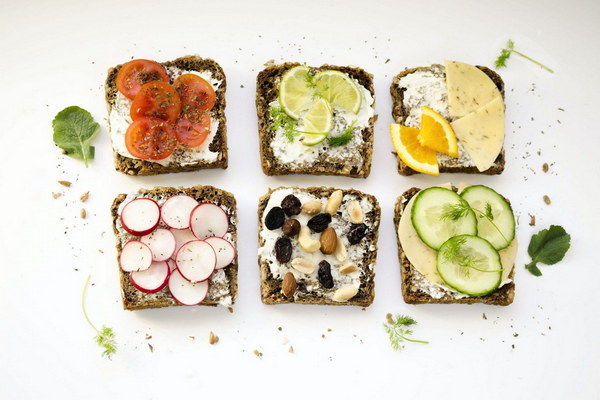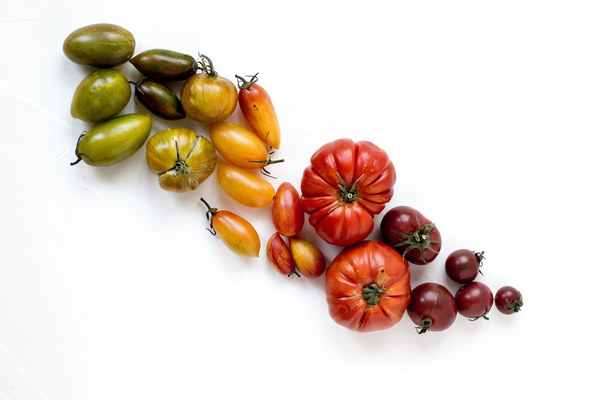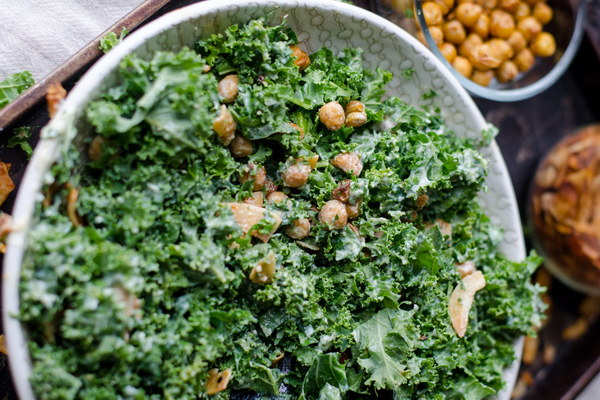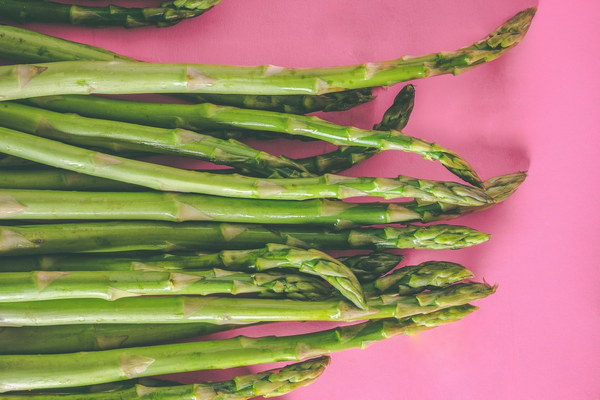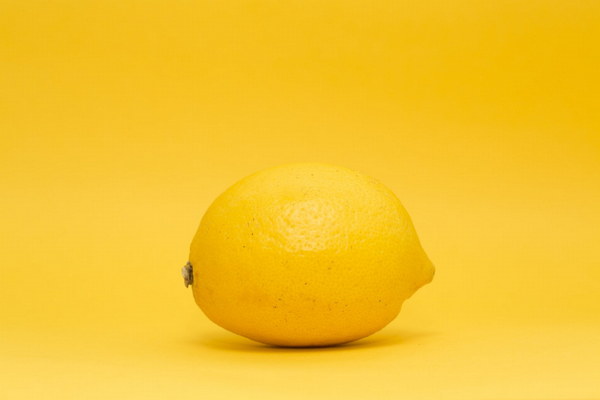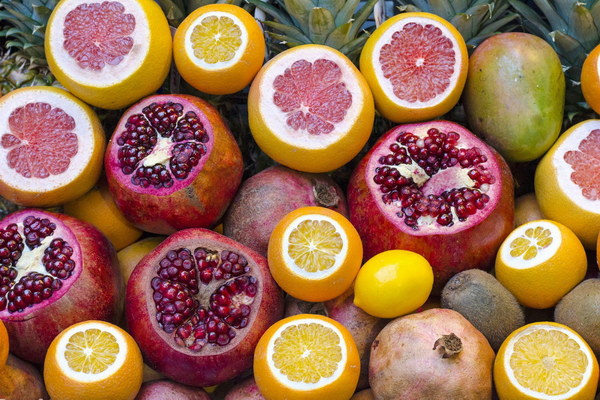Boost Your Amino Acid Intake Top Foods to Combat Tryptophan Deficiency
Boost Your Amino Acid Intake: Top Foods to Combat Tryptophan Deficiency
Tryptophan, an essential amino acid, plays a crucial role in the synthesis of serotonin, the feel-good neurotransmitter, as well as niacin, a B vitamin. While the body can produce some amino acids, tryptophan must be obtained through the diet. A deficiency in this vital nutrient can lead to a range of symptoms, including fatigue, irritability, and difficulty sleeping. If you suspect you may be lacking in tryptophan, incorporating these top foods into your diet can help replenish your amino acid stores and support overall health.
1. Turkey and Chicken
Poultry, particularly turkey and chicken, is an excellent source of tryptophan. This makes them great options for those looking to increase their intake of this essential amino acid. A three-ounce serving of turkey breast contains approximately 0.5 grams of tryptophan, while chicken breast offers about 0.4 grams per serving.
2. Eggs
Eggs are another powerhouse when it comes to tryptophan. One large egg contains about 0.3 grams of tryptophan. Plus, eggs are a complete protein, meaning they contain all nine essential amino acids, making them a perfect addition to any meal.
3. Fish and Seafood
Fish and seafood are rich in tryptophan, with some varieties offering more than others. Tuna, salmon, and halibut are particularly high in this amino acid, providing about 0.6 grams per three-ounce serving. Shellfish, such as shrimp and lobster, also contain significant amounts of tryptophan, with about 0.4 grams per three-ounce serving.
4. Milk and Dairy Products
Milk and dairy products are a great source of tryptophan, with milk containing about 0.3 grams per cup. Cheese and yogurt are also good options, offering about 0.4 grams of tryptophan per ounce of cheese and 0.3 grams per cup of yogurt.
5. Nuts and Seeds
Nuts and seeds, particularly almonds, sunflower seeds, and chia seeds, are high in tryptophan. A one-ounce serving of almonds provides about 0.4 grams, while sunflower seeds offer about 0.6 grams per serving. Chia seeds, on the other hand, contain about 0.5 grams of tryptophan per ounce.
6. Legumes
Legumes, such as chickpeas, lentils, and beans, are an excellent plant-based source of tryptophan. A half-cup serving of cooked lentils offers about 0.5 grams of tryptophan, while chickpeas and black beans contain approximately 0.4 grams per half-cup serving.
7. Cheese
Cheese is not only a delicious source of tryptophan but also an easy way to incorporate it into your diet. A one-ounce serving of cheese contains about 0.3 grams of tryptophan. Opt for varieties like cheddar, Swiss, or mozzarella, which are higher in tryptophan compared to softer cheeses like cream cheese or brie.
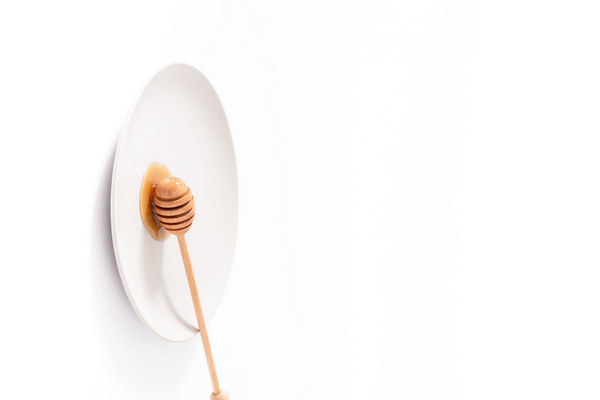
8. Tofu and Tempeh
Tofu and tempeh, made from soybeans, are excellent sources of tryptophan. A half-cup serving of tofu provides about 0.4 grams, while tempeh offers about 0.5 grams. These plant-based protein sources are great for vegetarians and vegans looking to increase their tryptophan intake.
9. Grains
Grains, such as oatmeal and quinoa, contain smaller amounts of tryptophan but can still contribute to your daily intake. A one-cup serving of cooked oatmeal contains about 0.3 grams, while quinoa offers about 0.4 grams per cup.
10. Nuts and Nut Butters
Nuts and nut butters, like peanut butter and almond butter, are also good sources of tryptophan. A tablespoon of peanut butter contains about 0.3 grams, while almond butter offers about 0.4 grams per serving.
To maximize the absorption of tryptophan, it's important to pair it with carbohydrates. This is because tryptophan is more easily transported across the blood-brain barrier when consumed with carbs. So, when incorporating these foods into your diet, consider pairing them with whole grains, fruits, or vegetables.
If you continue to experience symptoms of tryptophan deficiency despite incorporating these foods into your diet, it may be worth consulting with a healthcare professional. They can help determine the cause of your deficiency and recommend additional interventions, such as dietary changes or supplements, to
